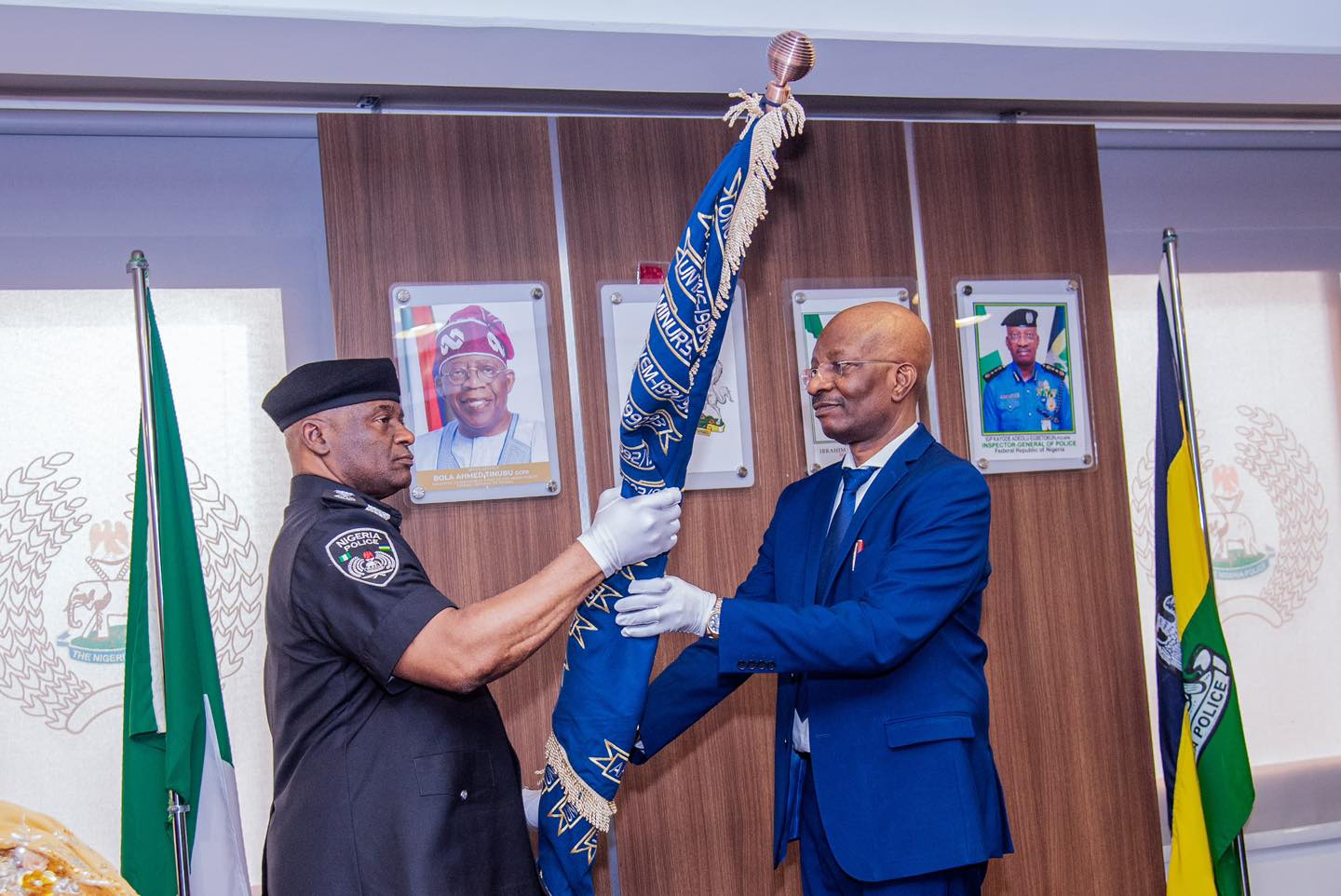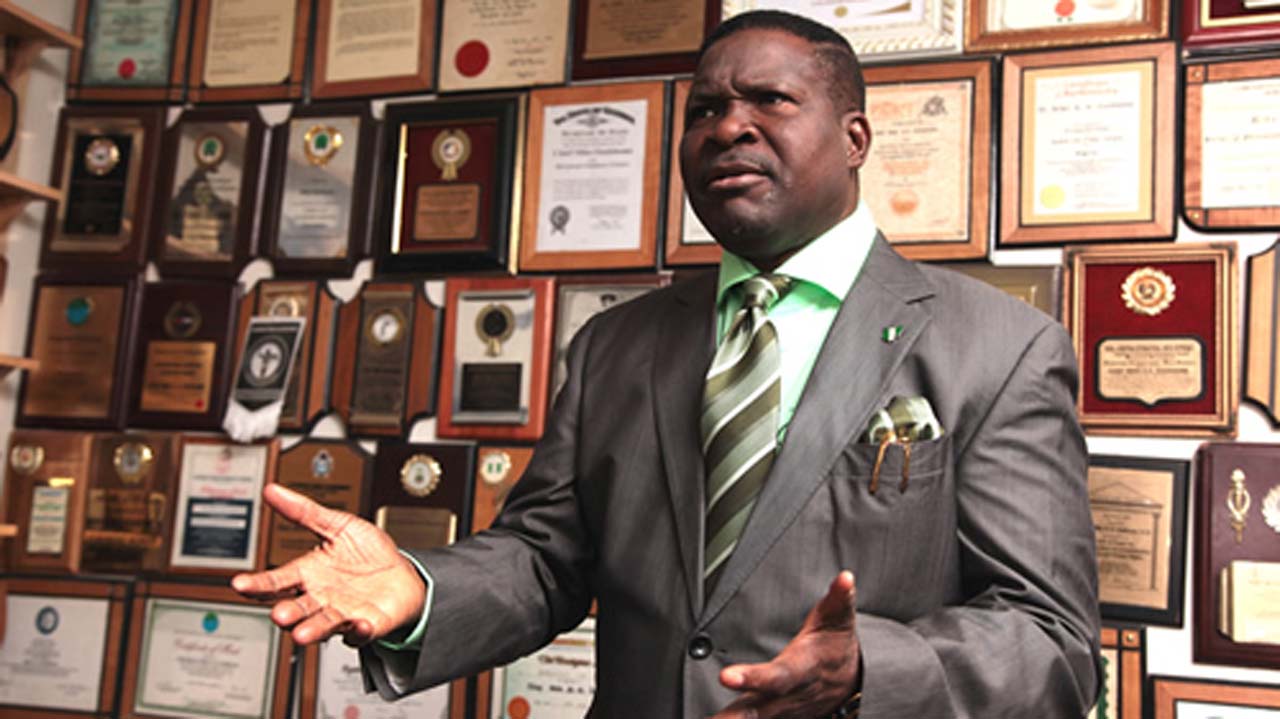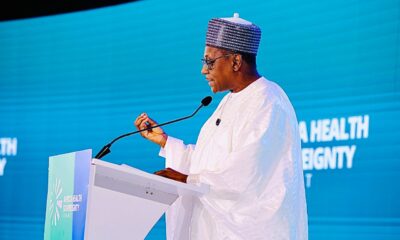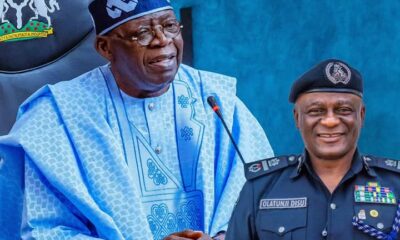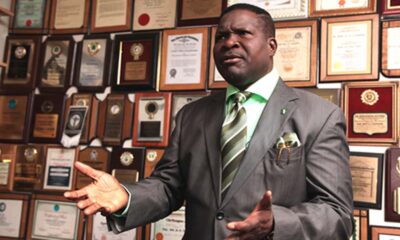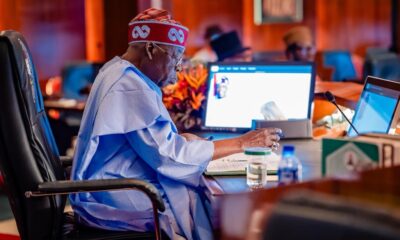The Federal Government of Nigeria has filed a fresh 12-count charge against Chief Mike Ozekhome and Ponfa Useni, also known as Tali Shani, before the High Court of the Federal Capital Territory, Abuja, over alleged conspiracy, forgery, impersonation and unlawful control of a property in the United Kingdom.
In the charge instituted by the Federal Ministry of Justice on behalf of the Federal Government on Tuesday, the prosecution accused the defendants of forging a Nigerian International Passport and other documents to support a claim to a property located at No. 79 Randall Avenue, London NW2.
The late former Federal Capital Territory Minister, Gen Jeremiah Useni, was named in several counts as a co-conspirator.
According to the charge, the defendants allegedly conspired in 2020 in Abuja to procure a false Nigerian International Passport No. A07535463 in the name “Tali Shani,” purportedly issued by the Nigerian Immigration Service.
The prosecution alleged that they intended to use the document to support their claim to the London property.
In Counts 1 and 2, the government alleged that the defendants agreed to commit an illegal act by forging the passport and subsequently making the false document between May 30, 2020 and 2021, contrary to Sections 96 and 363 of the Penal Code Law 2009 and punishable under Section 364.
Count 3 accused them of conspiring in 2022 to use the alleged forged passport as genuine to facilitate their claim to the property, while Count 4 alleged that they dishonestly used the passport as genuine between 2023 and 2025.
Counts 5 and 7 specifically accused Useni of false personation and cheating by personation.
The prosecution alleged that on or about May 30, 2020, Useni falsely presented himself as “Tali Shani,” described as a fictitious person, and executed an irrevocable Power of Attorney in that name in connection with the property claim.
In Counts 6 and 8, Ozekhome was accused of abetting the offences of impersonation and cheating by personation by jointly executing the irrevocable Power of Attorney dated May 30, 2020, with the alleged fictitious person to facilitate the property claim.
Count 9 alleged that Ozekhome, sometime in 2022 in Abuja, had under his control the property at No. 79 Randall Avenue, London, which investigators reasonably suspected was unlawfully obtained by the late General Useni using the fictitious name.
Count 10 further alleged that Ozekhome had under his control £18,000, said to be part of rent accrued from the London property, which investigators reasonably suspected was unlawfully obtained.
In Counts 11 and 12, the prosecution alleged that the defendants conspired in 2023 to forge a document titled “Re: Request for Authentication of Nigerian Passport No. A07535463 Belonging to Mr Tali Shani,” dated May 4, 2023, and falsely presented it as having been issued by the Nigeria Immigration Service to support their claim.
The offences were said to contravene various provisions of the Penal Code Law 2009, including Sections 83, 84, 96, 179, 319A, 321, 322, 363, 364 and 366.
The charge was signed by the Director of Public Prosecutions of the Federation, Rotimi Oyedepo and the Chief State Counsel, A.R. Tahir, on behalf of the Attorney-General of the Federation and Minister of Justice.
In an affidavit of completion of investigation deposed to by a litigation officer in the Federal Ministry of Justice, the prosecution stated that the investigation into the matter had substantially concluded and that a prima facie case had been established against the defendants.
Ozekhome and the second defendant, Ponfa Useni, are currently in the custody of the Economic and Financial Crimes Commission.
The FCT High Court is expected to fix a date for their arraignment.
Earlier on Tuesday, the Office of the AGF had withdrawn the three charges filed against Ozekhome.
Oyedepo had informed Justice Peter Kekemeke that the AGF had decided to take a holistic review of the case to determine the most appropriate course of action.
Following the application, which was not opposed by Ozekhome’s defence team led by Paul Erokoro, the court struck out the three charges.
On January 29, 2026, Oyedepo notified the court of the AGF’s decision to take over the prosecution from the ICPC, pursuant to Section 174 of the Constitution, which empowers the AGF to institute, take over, or discontinue criminal proceedings.
“The Attorney General was guided by public interest considerations and the need to instil confidence, fairness, and competence in the criminal justice system,” Oyedepo stated.
He added that inter-agency cooperation in combating corruption was also a factor in the takeover.
The DPPF assured the court that the rights of the defendant would be protected and that no party would suffer injustice during the review.
Justice Kekemeke granted the application and struck out the charge.



